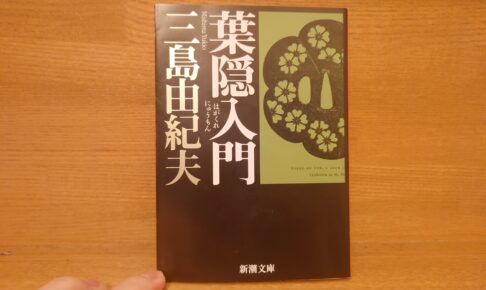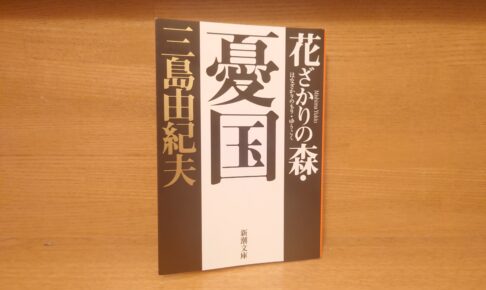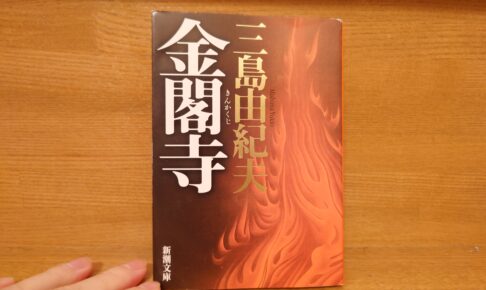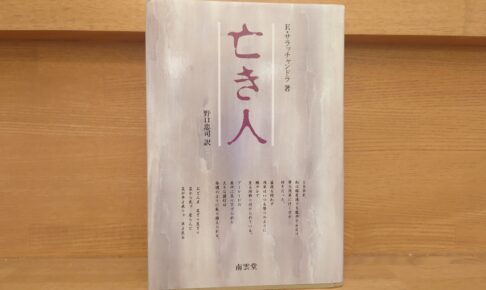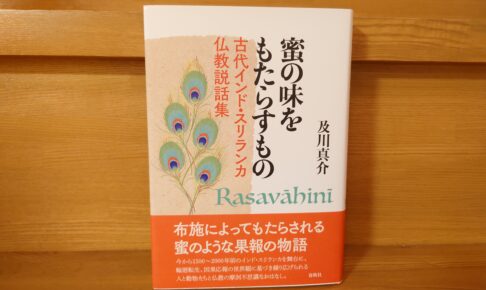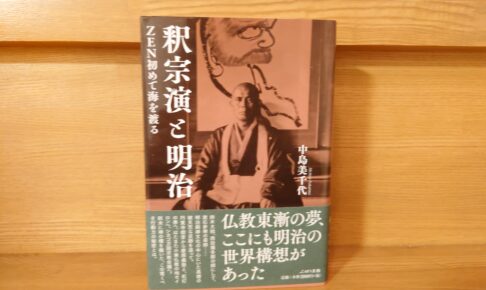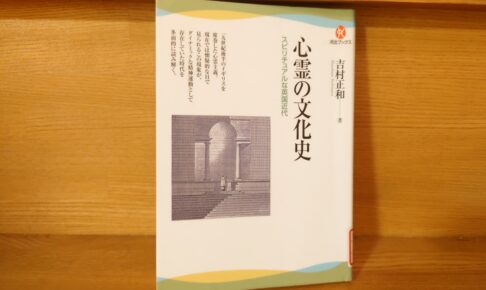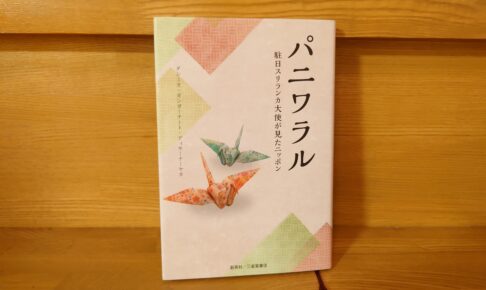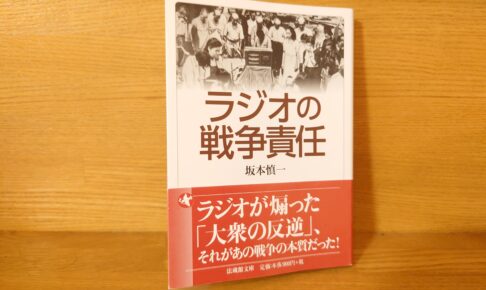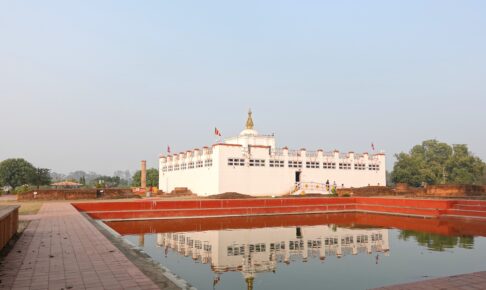A Synopsis and Impression of Yukio Mishima's "An Introduction to Hagakure" - What is the true meaning of "Bushido is to be found in the act of dying. A work that reveals the pillars of Mishima's thought.
Bushido is found in death.
Yukio Mishima loved "Hagakure," the book from which everyone knows these words, all his life. Three years after he published this work, he himself committed suicide, just like a samurai. There is no doubt that this book had an extraordinary influence on Mishima.
In particular, the phrase "Bushido is found in dying" itself is a paradox that symbolizes the entire book. I found in it the greatest reason why this book gives me the strength to live. These words seem to express the essence of what Mishima received from this book.
This book contains the secrets of Yukio Mishima's life, which was so spectacular. I highly recommend "An Introduction to Hagakure" together with "Melancholy".












